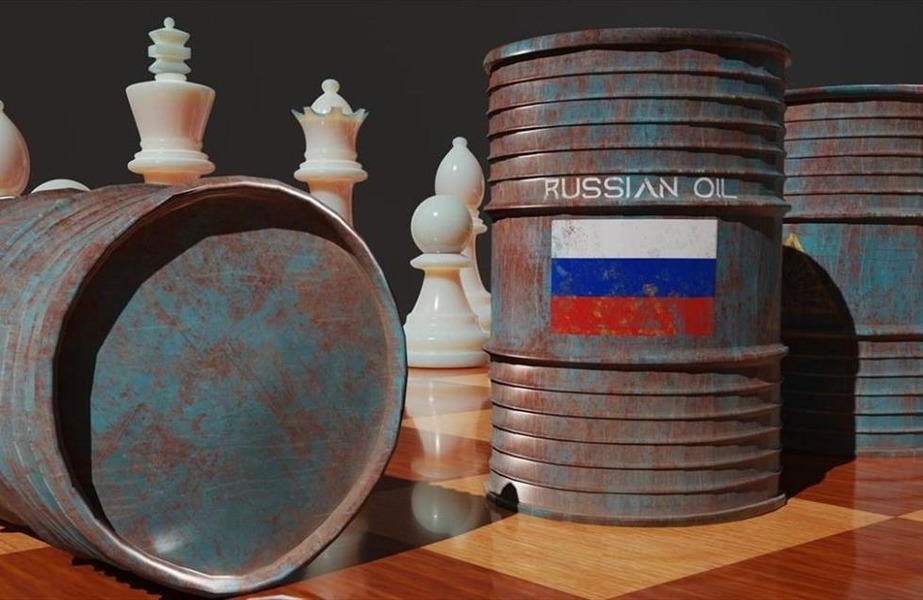Russia continues to circumvent sanctions, expanding its military-industrial complex (MIC) and increasing military funding.
Moscow is becoming increasingly adept at bypassing the limit that allows it to sell its oil at prices closer to international market rates.
In August, almost three-quarters of all maritime flows of Russian crude oil passed without Western insurance, a lever used to ensure the G7 oil price limit at $60 per barrel. Russian crude oil shipments have increased by 50% this year, despite G7 countries imposing sanctions on Russia due to the war in Ukraine. Russia’s income from oil exports amounted to approximately $425 million per day.
Moscow has established powerful supply channels for aviation components through third countries. For instance, in the Netherlands, an official from the Ministry of Defense was arrested for this reason. In 2022, Russia imported semiconductor technologies worth $2.5 billion, compared to $1.8 billion in 2021. Semiconductors and microchips play a crucial role in modern warfare, powering a range of equipment, including drones, radios, missiles, and armored vehicles.
Microelectronics are also delivered to Russia through gray channels via third countries. From closed Russian customs data, components can continue to flow into Russia unhindered. Over the last six months, the Russian government has cleared components from Analog Devices Inc. worth over $98 million, Xilinx over $75 million, Microchip Technology over $42 million, Texas Instruments at least $38 million, and Infineon, Germany’s largest semiconductor manufacturer, over $28 million.
Russia uses parallel imports of goods without notifying the rights holder. Previously, this scheme was considered covert smuggling in Russian legislation. However, «gray» imports now have the green light directly from the Russian government, which will decide what can be imported through such schemes.
As a result, Western components easily find their way into Russian military plants. The flows are so massive that Russia can not only sustain its old drone production rates but significantly increase them. To prevent Western technologies from reaching Moscow and to prevent Russia from profiting from energy products, it is necessary to block sanctions evasion schemes.

